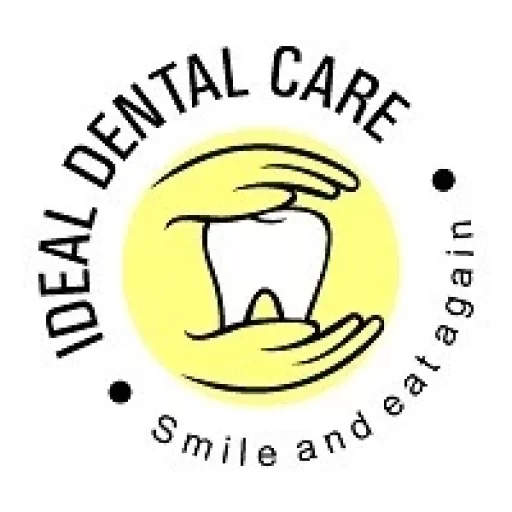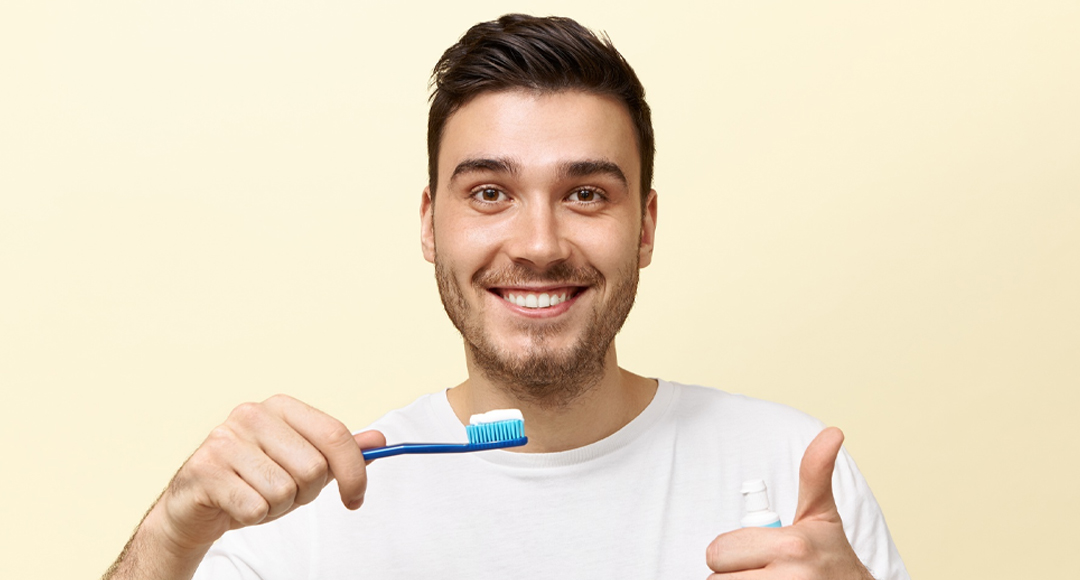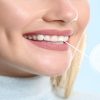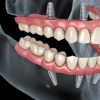WHAT IS THE IMPORTANCE OF ORAL HYGIENE AND TIPS TO IMPROVE ORAL HYGIENE
Our teeth significantly impact our lives by assisting us in chewing and digesting food, speaking correctly, and giving our faces structure. A smile provides additional benefits in our everyday life, boosts our self-esteem, and influences our social lives, careers, and relationships. Oral health meaning is simple; it is the process of keeping your mouth clean, hygienic and healthy. It is said that the human mouth is the source of most diseases entering the body; hence, we must take good care of oral health. This article discusses the importance of oral care, its benefits, and tips for improving it.
Importance of Oral Hygiene
The human mouth abounds with harmless bacteria; however, as the entry point to our digestive and respiratory tracts, it is prone to attract harmful bacteria, which can cause diseases. Bacteria are usually controlled by the body’s natural defenses and regular oral health care, such as frequent brushing and flossing. Yet, without good dental care, bacteria levels can rise to the point where they might cause oral infections.
Saliva cleans food and neutralizes acids created by bacteria in the mouth, aiding the body’s protection against microorganisms that reproduce and cause disease. For example, decongestants, antihistamines, pain relievers, diuretics, and antidepressants can decrease saliva flow.
According to research, oral germs and the inflammation associated with severe gum disease (periodontitis) may affect some conditions. Furthermore, specific disorders like diabetes and HIV/AIDS can reduce the body’s response to infection, worsening oral health issues.
Benefits of Oral Hygiene
Excellent oral hygene protects teeth and plays an essential role in avoiding severe health issues; it provides you with general good health and confidence. Here are four key benefits of maintaining good dental hygiene.
- Prevents Cavities and Gum Diseases: The most obvious advantage of maintaining proper oral care is the prevention of cavities and gum disease. Gum disease, often known as gingivitis, is an inflammation of the gums caused by plaque buildup around your teeth. It might cause inflamed gums and teeth that bleed when brushed. Brushing and flossing correctly at least twice daily can aid in the prevention of frequent oral problems. Moreover, using good toothpaste is the most effective approach to administering minerals and other desensitizers to your teeth.
- Brighter Teeth: Having a beautiful, confident smile is connected to various advantages, including improved employment chances and relationships. While whitening treatments can be used to whiten teeth, brushing with a tooth-whitening fluoride toothpaste daily can help irradicate any stains or discolouration on teeth. Mild abrasives in toothpaste remove dirt and surface stains, keeping your teeth looking clean, healthy, and white.
- Overall Health: Oral hygiene promotes overall health and can help avoid diabetes, heart disease, and dementia. According to research, the bacteria that cause gum disease are also detected in patients with heart disease. If gums are infected with germs, the bacteria can enter the patient’s bloodstream and raise the risk of having a heart attack or stroke.
Any gum condition can make controlling blood glucose more difficult. Diabetes and severe gum disease have a two-way link. Not only are diabetics more prone to severe gum disease, but severe gum disease may also compromise blood glucose management and contribute to diabetes progression. Dementia risk can be increased by poor mouth health.
- Prevents Bad Breath: Bad breath, often known as halitosis, is caused by bacteria in the mouth, which eventually form plaque. Brushing and cleaning regularly will remove plaque and prevent calculus from forming on teeth. It’s also a cheap and effective way to remove food and bacteria from the mouth and keep your breath feeling fresh.
Tips to improve oral hygiene
With so many benefits of dental care, every individual must try to dedicate more time to oral health care. Here are five tips that will help in dental caring.
- Wait before brushing: Acidic foods and drinks with a low pH weaken the enamel of the teeth momentarily. Recent studies suggest that brushing shortly after having citrus fruits, juices, tomatoes, cola, or alcohol or flossing may remove some of the enamel, making teeth more prone to decay over time. According to one study, people who wait 30 to 60 minutes after consuming soda to clean their teeth have less wear than those who brushed sooner.
- Use soft bristled brush: Generally, a toothbrush should be replaced every two to three months (or sooner, depending on the frayed bristles); however, a stiff brush should be replaced immediately. Brushes with medium and firm bristles may feel cleaner, but they can be pretty abrasive and destructive over time.
- Brushing from back to front: This healthy habit means cleaning those hard-to-reach regions better, which is essential because all of those nooks and crannies in molars make them more prone to gum disease and cavities. Starting a brushing routine in the back of the mouth is an excellent method to give the back of the mouth the attention it deserves.
- Routine with mouthwash and gums: Brushing and flossing twice a day is believed to be sufficient. However, rinsing with an antibiotic mouthwash will subsequently destroy more oral germs, assisting in the fight against plaque.
Another suggestion is to chew gum; sugar-free gum can help lower the number of bacteria in the mouth and boost salivary flow, which washes the teeth in calcium and phosphate ions that help replace tooth enamel.Stop brushing too often: Brushing teeth too frequently might harm your gums and enamel; therefore, brush only twice daily. Rinsing with simple water after each meal and snack can help maintain dental care.




